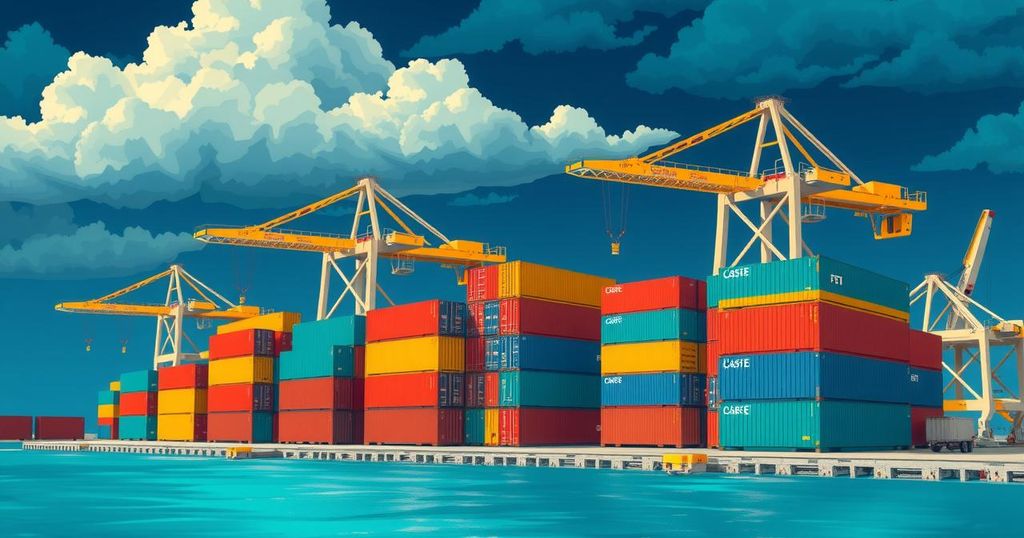Analysis of CK Hutchison’s Sale of Panama Ports to BlackRock: Legal Perspectives and Implications
Experts express skepticism about halting CK Hutchison’s sale of Panama ports to BlackRock due to a lack of legal tools. Although concerns are raised, compliance with regulations and shareholder approval remains essential. The deal is worth $23 billion, with Hutchison set to receive $19 billion in cash. Chief Executive John Lee Ka-chiu emphasized the need for compliance with legal requirements amidst international trade considerations.
As scrutiny intensifies concerning the sale of Panama ports by Hong Kong-based CK Hutchison, experts point out the absence of legal instruments to prevent the transaction. They express doubts that national security legislation will be employed to halt the deal. While Hutchison, owned by Li Ka-shing’s family, is warned by pro-establishment factions in Hong Kong, it is obliged to follow regulations governing listed companies and obtain shareholder approval.
CK Hutchison’s recent announcement revealed plans to sell its port interests outside China, granting the group led by US investment firm BlackRock control over two key ports in the Panama Canal and an additional 41 ports across 23 nations. The sale is valued at $23 billion, with Hutchison expected to secure $19 billion in cash.
During a recent press conference, Chief Executive John Lee Ka-chiu remarked that societal concerns regarding this sale merit attention, affirming the need for the transaction to comply with legal and regulatory frameworks. He appealed to foreign nations to refrain from using coercive tactics within international trade relations, igniting discussions about potential legal scrutiny of the deal by Hong Kong or mainland authorities.
The impending sale of CK Hutchison’s Panama ports to BlackRock has sparked significant concerns, revealing a gap in legal mechanisms available to halt the transaction. Despite mounting pressure, Hutchison must adhere to regulatory protocols and secure shareholder approval. Ultimately, the deal implicates broader geopolitical dimensions, prompting officials to consider legal frameworks applicable if scrutiny arises.
Original Source: www.scmp.com




Post Comment